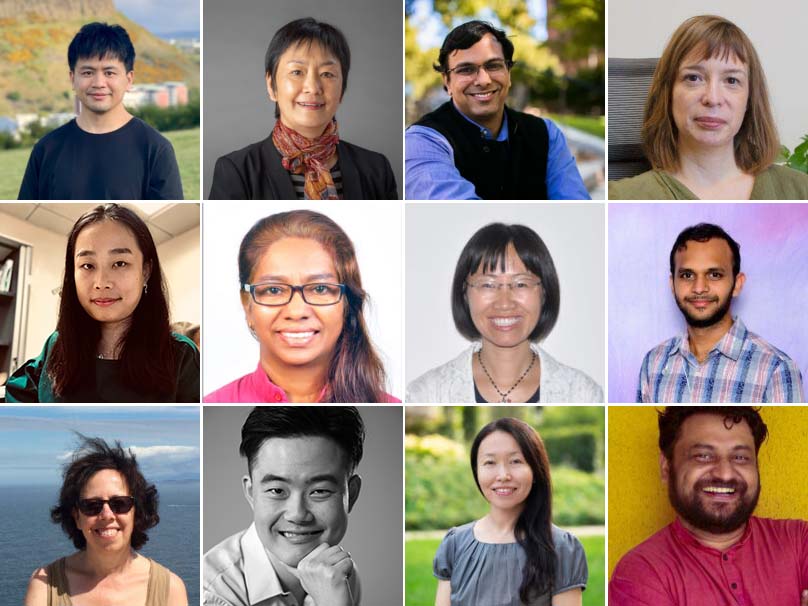
The India China Institute’s Research Seminar Examines the Changing Relationships Between Expertise and Policymaking
The COVID-19 pandemic has revealed that we are now living in a post-truth world, where the medical opinions of physicians at the National Institutes of Health are given the same weight as those of anyone with a Facebook account. Shifting Geographies of Expertise and Policymaking, the new international research seminar and fellowship of the India China Institute,(ICI), is tackling this topic, addressing the changing relationships between expertise and policymaking in India, China, and beyond. The program is virtually convening 12 scholars and practitioners from India, China, Singapore, France, and the United States for eight months to explore the shifting relationships between epistemic and political authority at the local, national, regional, and global levels.
The ICI’s programs are designed to address the pressing issues of the moment. Last year, the institute’s Pandemic Worlds Research Seminar brought together eight New School faculty members and two PhD students for interdisciplinary conversations about how the COVID-19 pandemic and intersecting crises are changing knowledge production, politics, society, and design in varied ways. This year, the seminar is focusing on the growing reliance on technical expertise in government at a time when people are increasingly questioning who counts as an expert.
The choice of this year’s topic, Shifting Geographies of Expertise and Policymaking, was influenced by the current situation in the United States, India, and China. The seminar launched in October, with the scholars meeting twice a month on Zoom to hear from guest speakers and engage with one another’s research and projects. The research covers a range of issues, including energy, public health, education, housing, pandemic policy responses, and rural and urban development. “I take pride in the caliber of our scholars. It’s not that easy to select international fellows, especially in this political climate. We had a really strong pool of applicants,” says Grace Hou, Deputy Director of the Institute.
In recruiting scholars, the ICI was able to capitalize on the networks it had built for close to 20 years with colleagues and institutions in India and China. At the same time, the institute found that moving its public programs online as a result of the pandemic had a positive effect on its outreach. “In the past, our fellows were from India, China, The New School and the U.S. This year, the pool expanded to include applicants from Singapore, France, and some other countries,” says Hou. “I did not realize earlier that when our public programs were forced to be online, we would be able to connect to a broad global audience. We’ve had a year of building an international audience, and I’m happy to see participants from all different corners of the world. So this year, when we advertised the fellowship, we were able to reach many parts of the world we haven’t been able to reach before.”
Hou notes that the institute is also bringing back its Starr Foundation Student Research Award, which was put on hiatus at the start of the pandemic. The award provides funding for independent undergraduate or graduate research on India and China. If international travel is permitted next summer, selected student fellows may receive additional funds to visit India or China for research. “We realized that what we’re doing with these student awards is building a community with an international vision and making our people close to each other. Even with Zoom, our student fellows can learn to be cordial and sincere with one another, not only through their research but through their own character.”